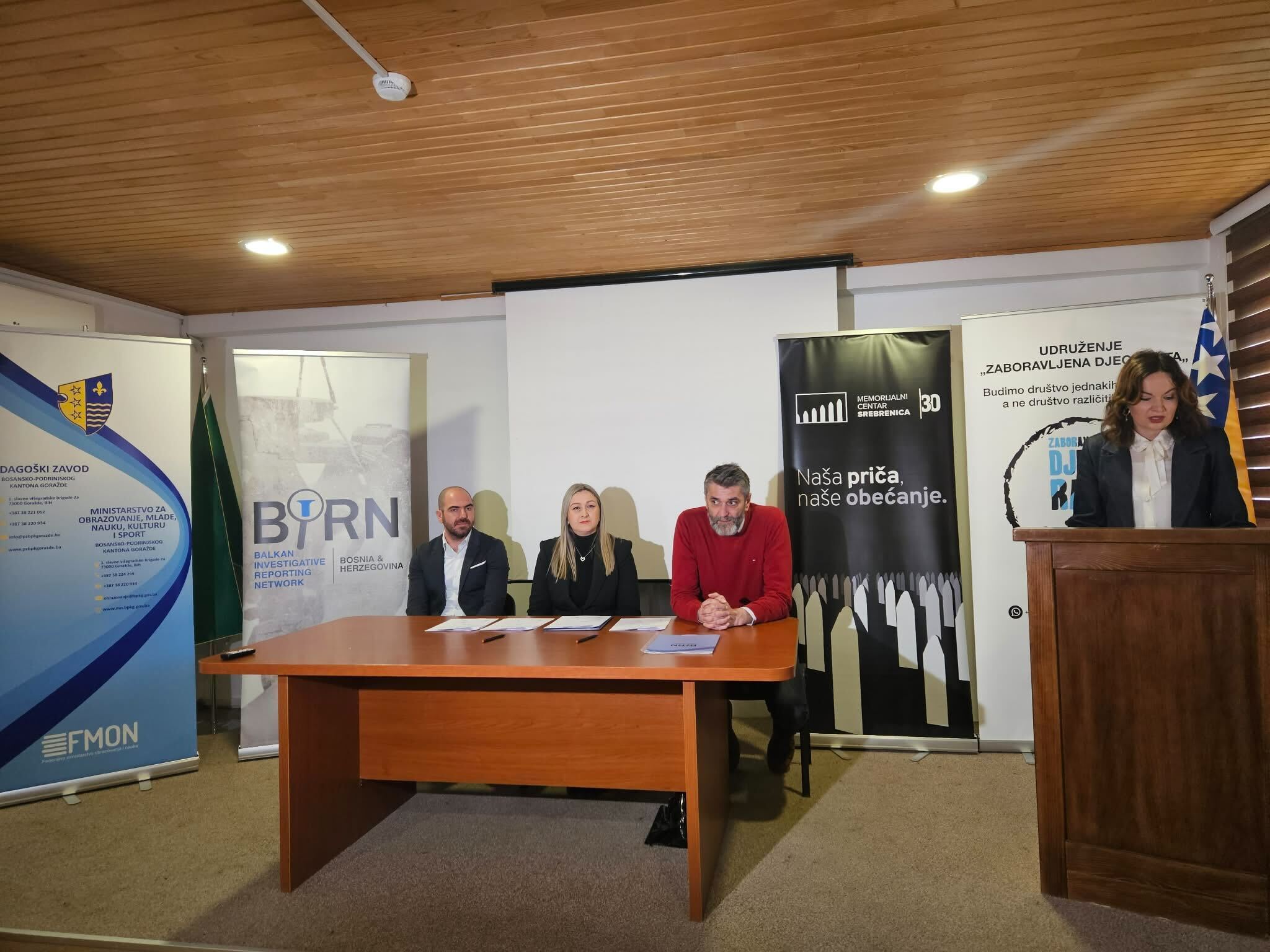This post is also available in: Bosnian
Rajko Banduka said that Mladic communicated with commanders through intercom, as a safe form of connection, and that written information were coming on encrypted teletype to be dealt by decoder and processed to operation centre of the General Staff.
Mladic, according to him, didnt get information on a daily basis because he spent a lot of time on the front line.
That all ended at the operational centre and headquarters, which was one kilometre-and-a-half or two away from us because general Mladic stayed with the field units on the field,” Banduka said.
He explained that he and Mladic at Crna Rijeka stayed on the first floor of the Javor mansion, which normally led into the bunker from which you could manage the operations.
The witness said that he didnt work because of illness from May to the beginning of August in 1995. Prosecutor Peter McCloskey showed him several intercepted conversations, including one dated July 22 1995 in which he noted that he had received calls and said that Mladic is absent, that he is doing his job and that he will finish soon.
I didnt receive calls. Those who listened, identified that phone with me because they didnt know other participants. I could be replaced for a courier or operator,” Banduka explained.
Former Bosnian Serb military chief Mladic is charged with the persecution of Bosniaks and Croats from municipalities under his forces control. He is also on trial for genocide in Srebrenica in 1995, for terrorising the population of Sarajevo and taking UN peacekeepers hostage.
Mladic is also charged for crimes on Bosniak civilians at Rasadnik camp and the Veljko Vlahovic school at Rogatica, about which prosecutors examined witness Milenko Rajak today.
Rajak said that Rasadnik was partly under the control of the army and partly under control by the police, and that inside were prisoners of war and members of the Bosniak Serb Army (VRS). “Veljko Vlahovic, as he stated, was under the jurisdiction of civilian police.
Asked whether he was aware that Rajko Kusic, as Rogatica Brigade Commander of Bosnian Serb Army, reported to Sarajevo-Romanija Corps about transferring people to the high school centre, the witness replied that he didnt.
The Prosecution showed him a document by the Drina Corps of the Bosnian Serb Army which gave Rogatica Brigade the list of war prisoners in Vila camp in Rogatica.
The name of the object caused a longer clarification in the courtroom. The Prosecution believes that the word is about Rasadnik whose manager was Vinko Bojic called Vili, while answering the Defence’s questions, Rajak said that there was catering facility called Vila.
The trial continues on Tuesday, October 28.

